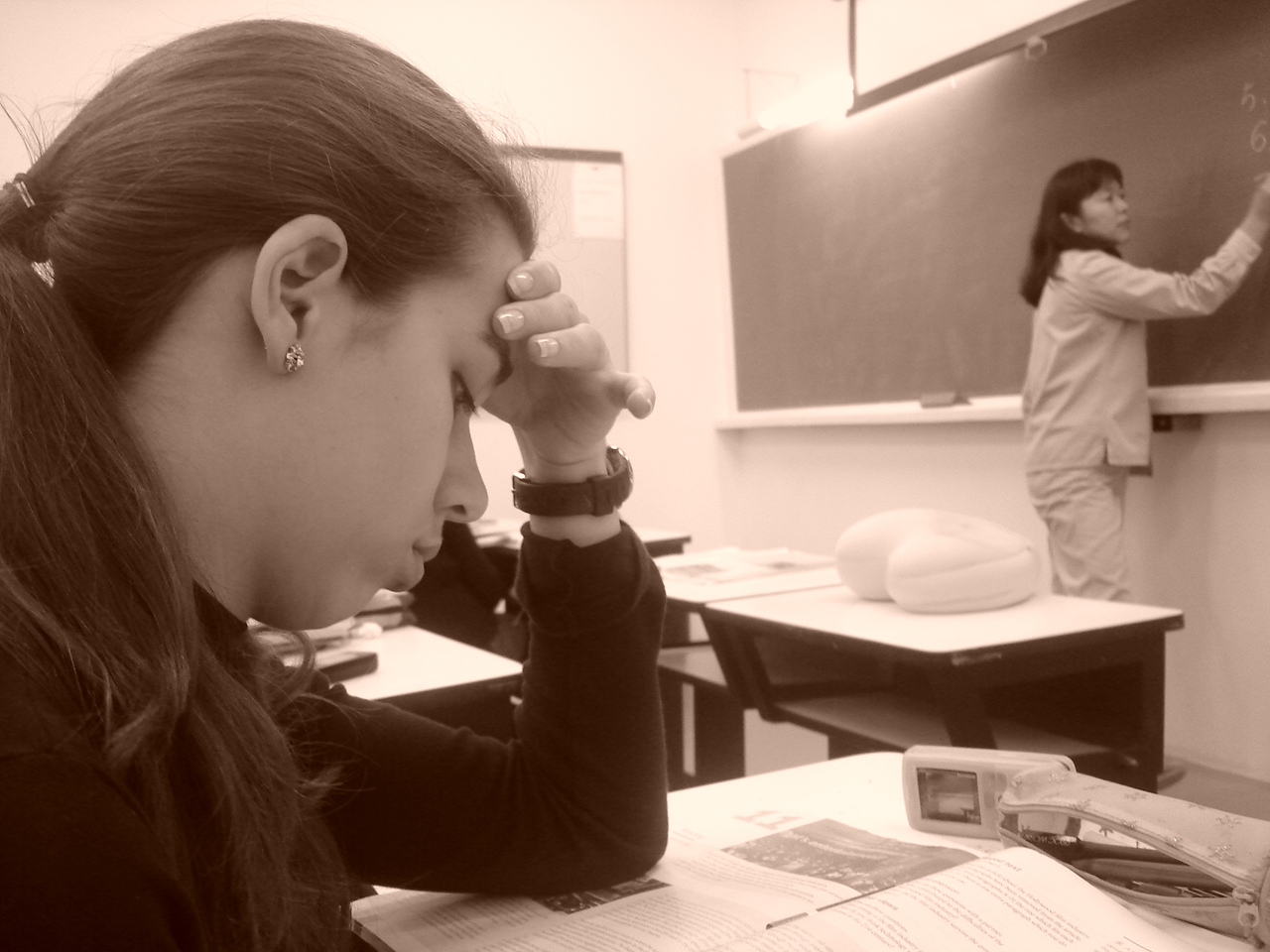 |
| http://farm1.staticflickr.com/155/342753239_06c51b91ab_o.jpg |
Last week, three different items hit me like a ton of bricks and really had me reflecting on the state of education. On Friday, I had the privilege to hear Travis Allen from the iSchool Initiative speak about mobile learning. Here is a link to his presentation: http://prezi.com/mdzzoazdaxtm/becoming-a-mobile-learner-ischool-initiative/
If you do not know Travis, he is a 22 year old college student who is working to change the face of education in our country. His iSchool Initiative and #DLRTOUR is crossing the nation delivering his message along with staff development to schools across the country. Travis was not satisfied with the high school experience, especially the highly restrictive technology policies that limited a students use of their devices. During the two hours we spent with Travis, he made some really great points that had me thinking and reexamining my own thoughts.
As Travis was talking to us, my mind went back to two blog posts that I read earlier in the week. One was titled, Do You Know Me? The Voice of a Disgruntled Student in a Boring Class. Several of the main points of this blog post were right in line with Travis's presentation. Students want the ability to create and use the tools that are relevant to them. Give students that chance to create on school or personal technology and that bored student will most likely become an engaged student. Give that student a worksheet or much worse a packet of worksheets, and they will become even more disgruntled and not engaged in your class. No student was even inspired by a worksheet yet the copy machines are probably one of the most used items in any school.
When I think about this "bored" student, I go back to a point Travis made in his presentation. He showed us how his life has been shaped by the technology that was all around him. His life experience is so much different from the one we grew up with in our youth. Do we take this into account when we are designing lessons? Do we take a moment to think how current students have been surrounded by technology and information their whole lives? It does not matter if we agree or disagree that increased reliance on technology is good or bad. The facts are that technology is not going away and our students are not going to chance into the students that we were. So we can value this reality and make technology resource available to students, or we continue on in the same way it has always been. Which way will engage more students and help them grow as learners?
One of the other major items Travis talked about were the barriers to change in schools. While we were discussing this, my mind went back to another blog post that I read titled "Do What Comes Naturally". In this post, fear was one of the major topics that came up. Fear was also a topic of discussion during Travis's presentation. In my mind, FEAR is the single greatest barrier to change in school and sadly we are all guilty of it.
Parents fear change in school because it would then not be the same as when they were in school.
Teachers fear change because it could change their entire livelihood and change the institution of education that has been the same for quite a long time.
Some students fear change because they have mastered the game of school and changing the rules could wreck their status quo.
So when fear takes hold, it is our reaction to hold on tighter. It just seems like a natural instinct. The Common Core debate is a great example of this. So is the movement to Standards Based Grading. When the institution of school is threatened, fear tries to put on the brakes.
It takes a lot to overcome fear and bring positive change to education. Thankfully the most powerful people who can make change a reality are the classroom teachers! Even if no one else is on board, a teacher is the only one who has that direct student impact. That is powerful! They can make the change a reality for their students.
With anything in education, there are no simple answers and there are many obstacles to overcome. But from the learning I did last week, I think considering our students' perspective and their current reality could go a long way to positive education reform. What do you think?